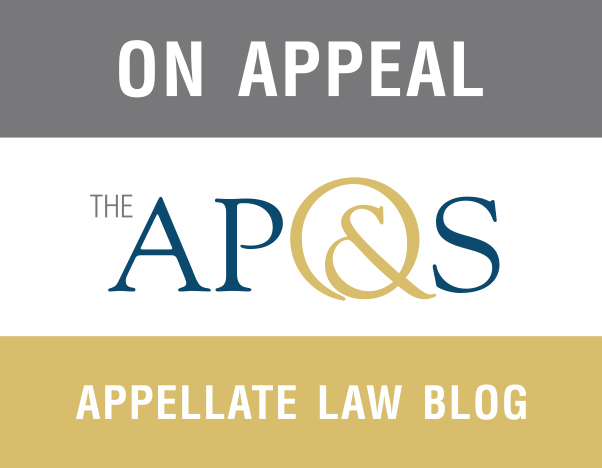In 2007, the United States Supreme Court in Bell Atlantic Corp. v. Twombly, 550 U.S. 544, 570 (2007), significantly modified the standard of review applied to motions to dismiss in federal courts. A few years later, in 2009, relying on Twombly, the United States Supreme Court again addressed the standard of review applied to motions to dismiss in federal courts and explained that under its modified standard, a complaint must contain “sufficient factual matter, accepted as true, to ‘state a claim to relief that is plausible on its face.’” Ashcroft v. Iqbal, 556 U.S. 662, 678 (2009) (quoting Twombly, 550 U.S. at 570).
Thus, under the federal courts’ plausibility standard, the plaintiff must plead “factual content that allows the court to draw the reasonable inference that the defendant is liable for the misconduct alleged.” Iqbal, 556 U.S. at 678 (citing Twombly, 550 U.S. at 556).
Notwithstanding the federal court’s adoption of the plausibility standard eight years ago, Rhode Island continues to adhere to the traditional rule that a motion to dismiss may be granted “only ‘if it appears beyond a reasonable doubt that a plaintiff would not be entitled to relief under any conceivable set of facts [.]’” DiLibero v. Mortgage Electronic Registration Systems, Inc., 108 A.3d 1013, 1015 (R.I. 2015) (quoting Narragansett Electric Co. v. Minardi, 21 A.3d 274, 277 (R.I. 2011)).
In its 2014 term, the Rhode Island Supreme Court noted that it “has not yet addressed whether continued adherence to our traditional Rhode Island standard is appropriate or whether the new Federal guide of plausibility should be adopted.” Chhun v. Mortgage Electronic Registration Systems, Inc., 84 A.3d 419, 422-23 (R.I. 2014).
In DiLibero, two years before the Supreme Court’s decision in Chhun, the trial justice dismissed the plaintiff’s complaint after finding that it was “rife with conclusory statements and erroneous legal theories, all of which he discredited.” 108 A.3d at 1015. When the case reached the Supreme Court for argument a year after the Court’s decision in Chhun, the plaintiff argued, inter alia, that the hearing justice erroneously relied on the standard articulated in Iqbal.
The Supreme Court agreed, concluding that after its review of the trial justice’s written decision, “it appears that he relied upon the standard articulated in Iqbal, despite the fact that [the Rhode Island Supreme Court] has yet to adopt that standard.” Id. at 1016.
Rather than addressing whether Rhode Island should adopt the federal court’s plausibility standard, the Supreme Court reviewed the plaintiff’s allegations under the traditional Rhode Island standard and concluded that the plaintiff had adequately stated a claim upon which relief may be granted. Id. at 1017. Accordingly, the Supreme Court vacated the Superior Court’s judgment and remanded the case. Id.




